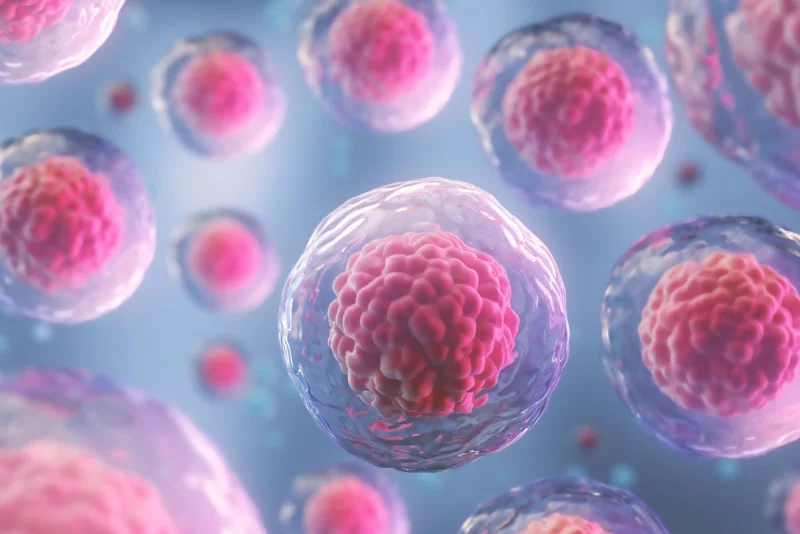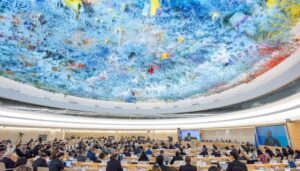A new study has revealed that space travel accelerates the aging of blood-forming stem cells, raising fresh concerns about the health risks astronauts face in space. The findings show that these vital cells lose some ability to create healthy new cells, become more prone to DNA damage, and display faster aging in the protective ends of their chromosomes.
The research, funded by NASA, tracked stem cells sent on four SpaceX resupply missions to the International Space Station. Scientists monitored bone marrow stem cells from individual donors during missions lasting 30 to 45 days in December 2021, July 2022, November 2022, and March 2023. These samples were compared with identical ones kept on Earth from the same donors.
The results showed that cells exposed to spaceflight conditions weakened in their ability to regenerate, suffered more DNA damage, and showed signs of accelerated cellular aging. Researchers pointed to microgravity and higher radiation levels in space as the main causes.
Stem cells are essential for human health because they can transform into different types of cells. The study focused on hematopoietic stem and progenitor cells, which are responsible for producing all blood cells in the bone marrow. These include red blood cells that carry oxygen, white blood cells that fight infections, and platelets that help blood clot.
When these cells malfunction, the body’s ability to heal tissue, fight infections, detect cancer, and maintain lifespan decreases. During space missions, the cells became overactive, burning through their reserves and losing the ability to recover. They also showed signs of inflammation, stress in mitochondria—the energy powerhouses of cells—and abnormal activation of the “dark genome,” hidden parts of DNA usually kept inactive for stability.
The study also found variations among donors. “Stem cell regenerative capacity was diminished but with some variability between bone marrow donors, suggesting that anti-aging resilience factors are activated in stem cells from some individuals but not others,” explained Dr. Catriona Jamieson, professor of medicine at the University of California San Diego and senior author of the study published in Cell Stem Cell.
Astronauts face radiation exposure in space that Earth’s atmosphere and magnetic field normally block. This increases risks of DNA damage, cancer, neurological disorders, heart problems, and immune dysfunction. Microgravity also weakens bones, muscles, and other body systems.
Jamieson said the findings could help develop strategies to protect astronauts during long space missions. The research may also offer insights into human aging and diseases like cancer on Earth. “We have discovered key components of human stem cell resilience that may be enhanced prior to, during and after spaceflight,” Jamieson noted. Researchers are now continuing the investigation with the latest SpaceX resupply mission to the ISS.





















